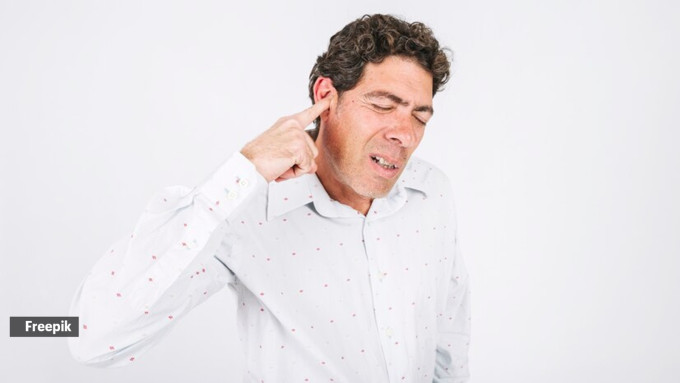Unlike what is commonly believed blowing your nose ain’t good for you
Blowing your nose when you have a cold is a common way to clear out mucus and ease congestion. However, medical practitioner Dr Chander Asrani addresses the confusion about whether blowing your nose is actually good or bad for you when you’re sick.
According to Dr Asrani, “The nose has a direct connection with the ear, which is called the eustachian tube. When we blow our nose, we create negative pressure or a vacuum inside and all the cold we have inside the nose gets sucked into the ear and we end up with ear infections (sic).”

View this post on Instagram
A post shared by Chander Asrani (@drasrani_india)
Dr Manoj Mishra, senior consultant ENT, Head, Neck and Cancer Surgeon at Max Super Speciality Hospital, Lucknow, agrees that blowing your nose frequently can irritate the delicate lining of the nasal passages and sinuses due to the friction caused by tissues or handkerchiefs. This can exacerbate nasal congestion and lead to inflammation.
“Vigorous nose blowing can force nasal fluids back into the sinuses, potentially leading to increased sinus pressure and exacerbating sinusitis symptoms,” he confirms.
Complications related to blowing your nose during a cold
Dr Mishra says, “While clearing the nasal passages is necessary during a cold, it’s important to do so gently and effectively to avoid additional complications.” These complications can be any of the following:
Spread to eustachian tubes: Forceful nose blowing can increase the risk of pushing nasal secretions into the eustachian tubes, which connect the middle ear to the throat. This can lead to ear discomfort and potentially result in middle ear infections (otitis media) if pathogens are introduced into the ear.
Barotrauma: Excessive pressure from hard nose blowing can also cause barotrauma, leading to pain and potential damage in the ears, especially if done repeatedly.
 Excessive pressure from hard nose blowing can also cause barotrauma, leading to pain and potential damage in the ears. (Source: Freepik)
Excessive pressure from hard nose blowing can also cause barotrauma, leading to pain and potential damage in the ears. (Source: Freepik)
Other consequences of incorrect or forceful nose blowing
Blowing your nose does not only cause harm to the ears, but can lead to other problems as well. Dr Mishra describes them as follows:
Nasal tissue damage: Forceful or incorrect nose blowing can rupture small blood vessels in the nasal passages, leading to nosebleeds.
Increased sinus pressure: Excessively hard nose blowing can force air and mucus back into the sinuses, increasing sinus pressure and pain, potentially worsening symptoms of sinusitis.
Spread of infection: Vigorously blowing the nose can aerosolised pathogens, potentially spreading infectious agents to others if done in close proximity.
Recommended techniques for clearing nasal congestion
Instead of blowing forcefully, Dr Mishra recommends gently blowing one nostril at a time while keeping the other nostril slightly closed. “This method reduces pressure in the nasal passages and sinuses, minimising the risk of irritation or pushing fluids into the eustachian tubes,” he affirms.
Using saline solutions can also help moisten the nasal passages and thin mucus, making it easier to expel with gentle blowing. Saline helps to reduce the need for forceful nose blowing by loosening congestion.
Breathing in steam, he adds, from a hot shower or a bowl of hot water can help loosen mucus and moisten the nasal passages, facilitating easier and safer mucus clearance.
Disclaimer: The copyright of this article belongs to the original author. Reposting this article is solely for the purpose of information dissemination and does not constitute any investment advice. If there is any infringement, please contact us immediately. We will make corrections or deletions as necessary. Thank you.

